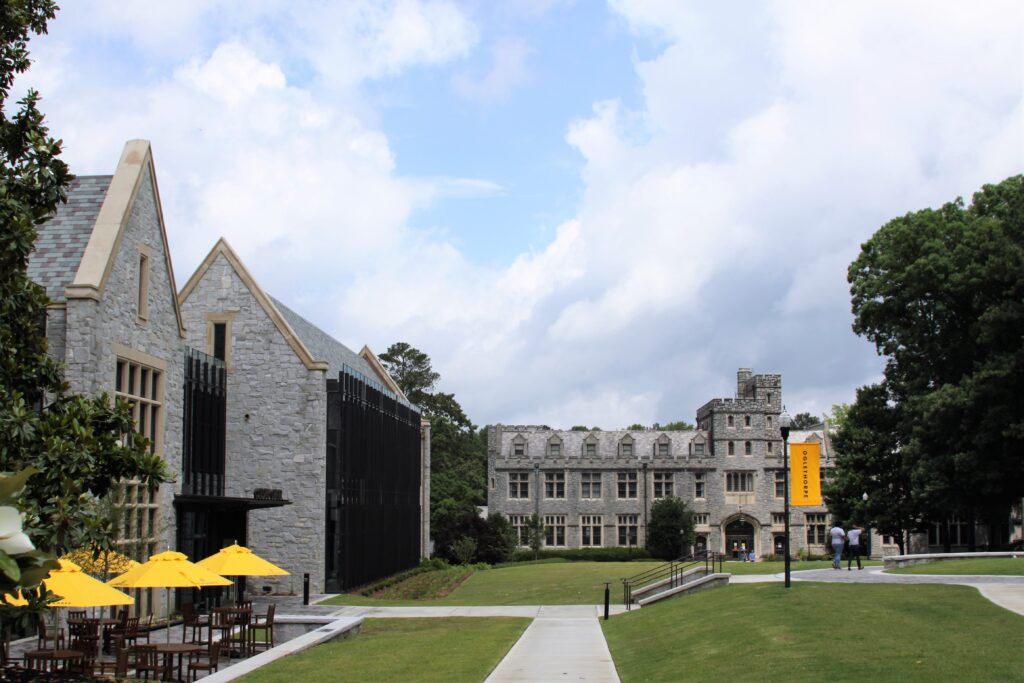Juneteenth is getting more national attention than ever before. Black Lives Matter protests in the wake of George Floyd’s murder by a Minneapolis police officer have triggered widespread interest in understanding and working toward an end of systemic racism in this country. Our current President’s initial choice of starting his reelection campaign on June 19th has, ironically, made the meaning of Juneteenth all the more important to the national discourse about freedom, equality, and social justice.
Juneteenth (a mashup of June + nineteenth) commemorates the end of slavery in the United States. On June 19, 1865, Major General Gordon Granger read aloud General Order #3 to the people of Texas, delivering the news that “all slaves are free. This involves absolute equality of personal rights….” With that, all Americans knew that slavery had forever ended. There is more to the story, however, and it is worth considering why it is an appropriate date to think about freedom and the challenge of learning what it means to be actively opposed to racism.
Many white Americans are just learning of this holiday, despite the fact that it has become an official holiday in 47 states. This is largely because the Emancipation Proclamation and the 13th Amendment tend to eclipse Juneteenth as marking the end of slavery in school textbooks. Granger was essentially a messenger delivering news that much of the country had known for quite some time. So, why is his announcement seen as symbolizing the end of slavery? Why not those other historical moments?
On September 22, 1862 President Lincoln issued a preliminary Emancipation Proclamation stating that if the rebel states did not cease fighting and return to the Union, all slaves in those states would be freed on January 1, 1863. As promised, Lincoln issued the formal Proclamation as an Executive Order on January 1, 1863. The Proclamation did not free slaves in slave States that remained with the Union (Missouri, Kentucky, Maryland, Delaware) or Union occupied territory (Louisiana and parts of Virginia that became West Virginia). In short, well over half a million slaves were not included in the Emancipation Proclamation, which makes the dates associated it with poor candidates for celebrating the end of slavery.
The 13th Amendment was passed by the Senate in April of 1864, but failed to pass through Congress. President Lincoln’s efforts finally got the Amendment passed on January 31, 1865 (ratified on December 6, 1865). The Confederacy viewed this as either irrelevant or a reason to continue fighting as the 13th Amendment could not meaningfully be enforced until the conclusion of the Civil War. The events that we commonly associate with the end of the war include Robert E. Lee’s surrender at Appomattox (April 9, 1865), the surrender of the Shenandoah (November 6, 1865) and Lincoln’s Proclamation that the War was over (August 20, 1866). The Civil War ended at different moments for different states and therefore slavery ended and enslaved people were made free at different times. This is part of the reason that the end of slavery has been celebrated as part of local histories rather than as part of a common national history. Texas was the last state to surrender and Granger’s announcement was the last time enslaved people in the United States would learn that they had been freed, so it makes some sense that Juneteenth could mark the end of slavery for the nation as a whole.
General Order #3, however, did not result in immediate real freedom for the 250,000 slaves living in Texas. Slave owners had been fleeing to Texas for years in an attempt to stay ahead of the Union Army and the state had become the last stronghold for the institution of slavery. For Black Americans who chose to stay or were unable to leave, the first year of emancipation was brutal and violent. Granger’s announcement had encouraged freedmen to “remain quietly in their present homes and work for wages” and made clear that they could not “collect at military posts” for protection. In other words, many slave owners did not believe there would be any real consequences for continuing to treat Blacks as they had always done.
The first Juneteenth in 1866 was a commemoration of the end of slavery, but it was also an act of protest. It was a peaceful public protest against the fact that abolishing slavery did not mean black Americans would be allowed to live as equals. Legal freedom did not protect them from exploitation, violence and even murder. Juneteenth is a celebration, but it is also a reminder that “absolute equality of personal rights” was not conjured into reality by Proclamation, Constitutional Amendment, or General Order 3. It is a goal to be achieved sometime in the future. Juneteenth is a day when we are asked not to congratulate ourselves on the end of an odious institution, but to measure ourselves in terms of how our aspirations of freedom, equality and social justice stack up against reality.
Dr. Nicholas Maher is Associate Professor of History at Oglethorpe University.







